Don’t give up on Indigenous voice, say First Nations leaders
Labor and Indigenous leaders are exploring other ways to include advice from First Nations Australians in policy-making after the failure of the referendum last month.
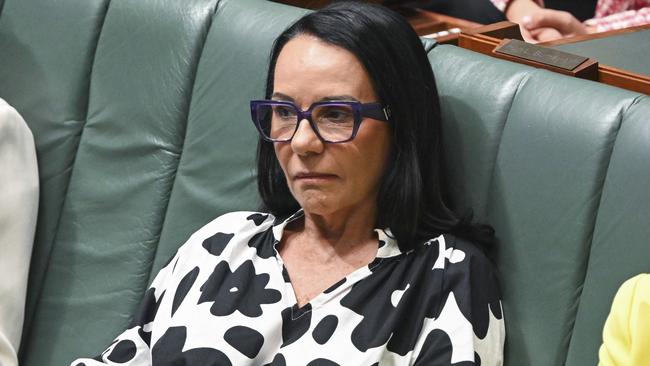
Labor and Indigenous leaders are exploring other ways to implement advice from First Nations Australians into policymaking after the failure of the referendum last month, with Indigenous Australians Minister Linda Burney leaving the door open to pursuing local and regional voices as an alternative model.
Ms Burney said the government was considering “the way forward” after 60 per cent of the nation voted against an Indigenous voice to parliament, as the joint council on Closing the Gap met on Friday for the first time since the referendum.
“In places like … the Tiwi Islands, where I was two weeks ago, we had votes in Maningrida of 96 per cent, 84 per cent, 82 per cent. What that said to me is that Aboriginal and Torres Strait Islander people wanted this change and those votes are really important. So are the voices of those places,” the minister told the ABC.
“A number of places across the country are already talking about regional arrangements … certainly the views of Aboriginal people have to be sought and … given, and we’re exploring ways to do that.”
Ms Burney said it was clear the other steps in the Uluru Statement from the Heart – treaty and truth-telling – also needed to continue being discussed.
“Very much what I’m hearing … is what does (the referendum failure) mean for the rest of the Uluru Statement? In particular … the importance of truth-telling,” she said.
Lowitja Institute chairman Selwyn Button said that while regional and local voices were absolutely necessary, the country should not give up on setting up a mechanism for advice to be given from a national body to government.
“We are not dismissing having some national construct … unfortunately that didn’t occur on October 14, but it doesn’t mean we’re going give it up on it,” he said.
Mr Button argued the government should set up a standing parliamentary committee for Indigenous affairs that included members of the public and could serve a purpose similar to a constituted voice to parliament.
The joint council – which includes all state and territory Indigenous Australians ministers – agreed the referendum, while unsuccessful, showed there was “significant public support for more actions to be taken to improve the lives of Aboriginal and Torres Strait Islander people”.
Members also agreed to offering grants of up to $100,000 for short-term initiatives “to support the strength and determination of First Nations communities”.
Ahead of the meeting, the commonwealth announced it would double the number of Indigenous rangers from 1800 to 3600 by the end of the decade.
“Together, we remain committed to the realisation of Aboriginal and Torres Strait Islander self-determination,” said a statement issued after the council meeting.
“We stand side by side with all Aboriginal and Torres Strait Islander peoples in respect and solidarity, strengthened by all the obligations to action and reform through the national agreement.”
A crucial element of the Closing the Gap agreement signed by all governments in 2020 is the promise of shared decision-making with Indigenous communities. However, the Productivity Commission’s interim review of the Closing the Gap deal in July found state governments were taking a business-as-usual approach to Indigenous affairs.
Michael Dillon, a policy commentator and visiting fellow at the Centre for Aboriginal Economic Policy at the Australian National University, urged the commission to examine if the agreement itself needs to change.
He described its framework as “an overwhelmingly complex and convoluted bureaucratic maze, deliberately designed … to ensure governments cannot and thus will not be held accountable for failure while giving the appearance of action”.
National Native Title Council chief Jamie Lowe said while an Indigenous voice had not received the mandate of the broader Australian public, it had done so from many Indigenous communities.

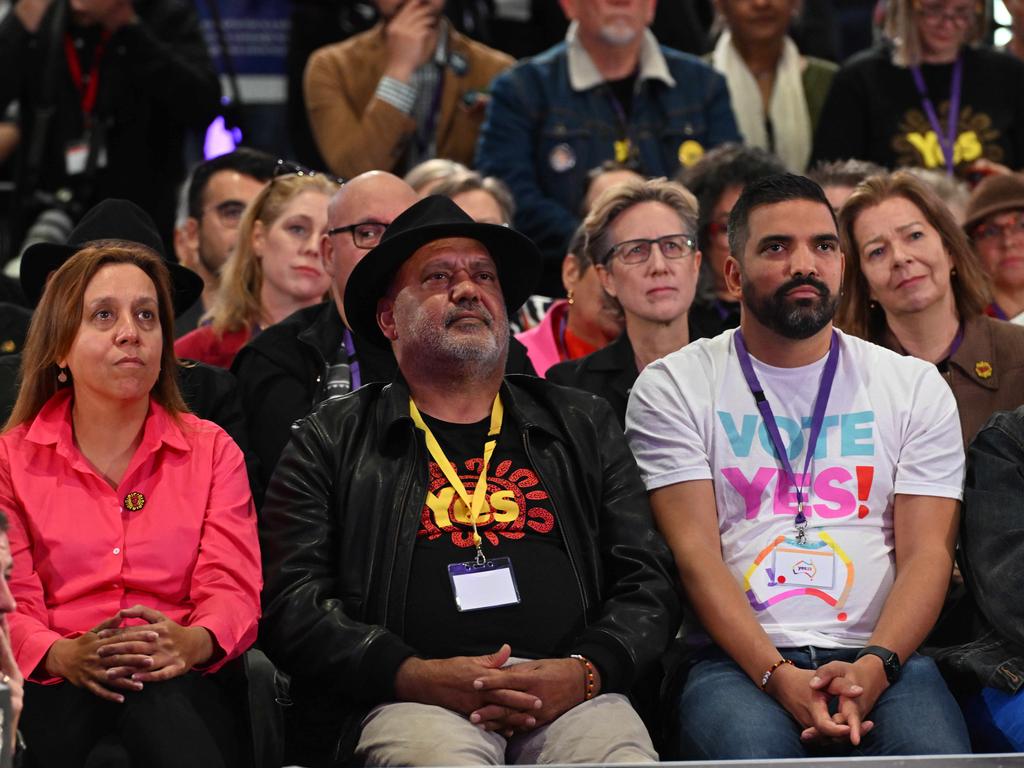
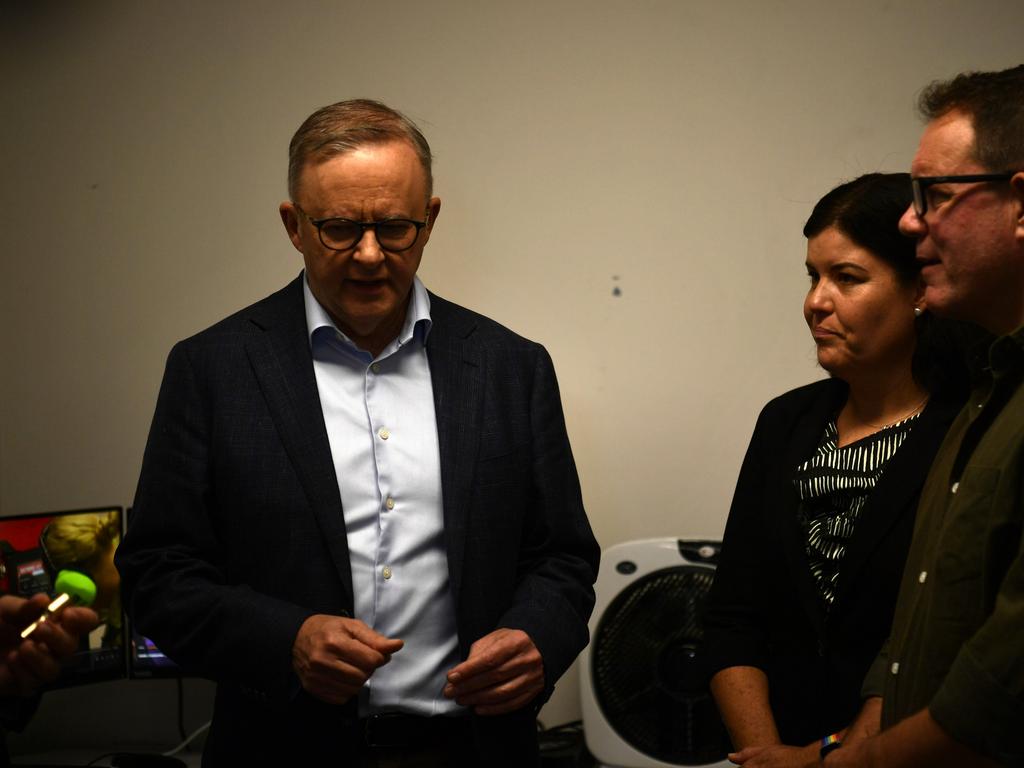
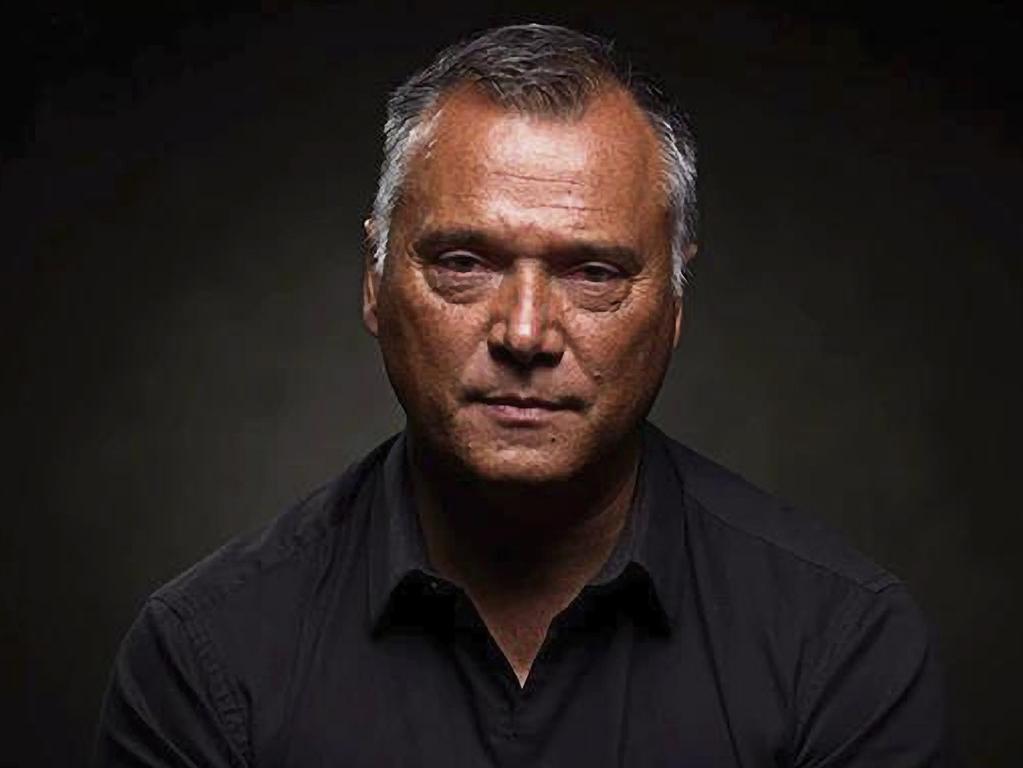
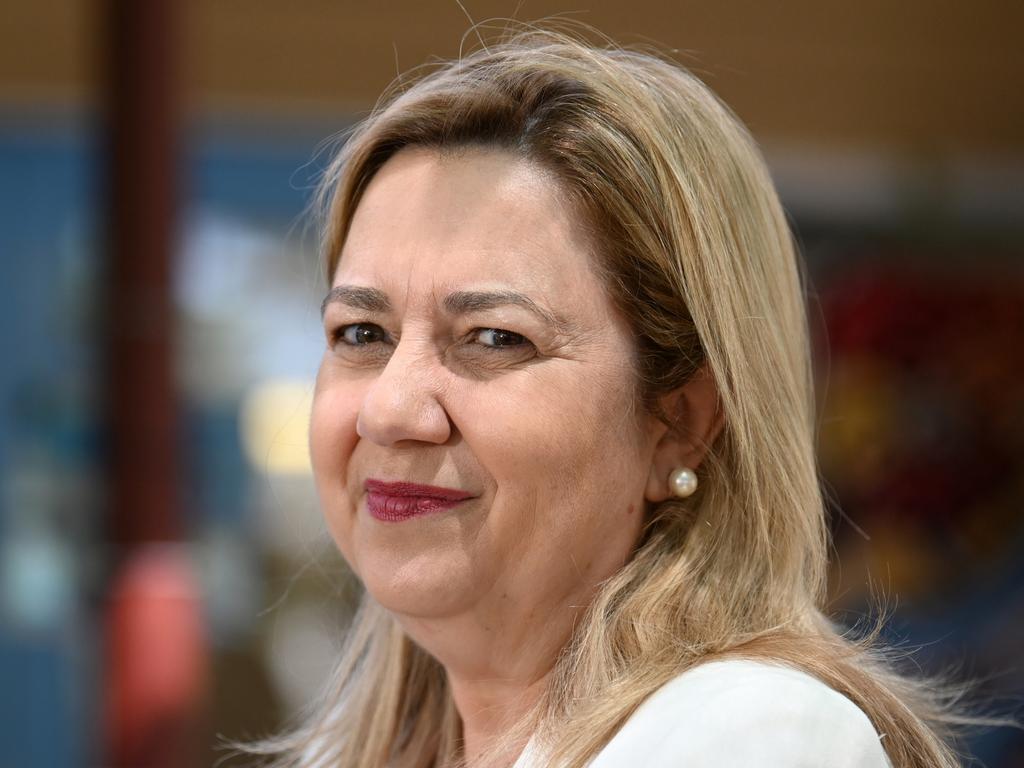


To join the conversation, please log in. Don't have an account? Register
Join the conversation, you are commenting as Logout